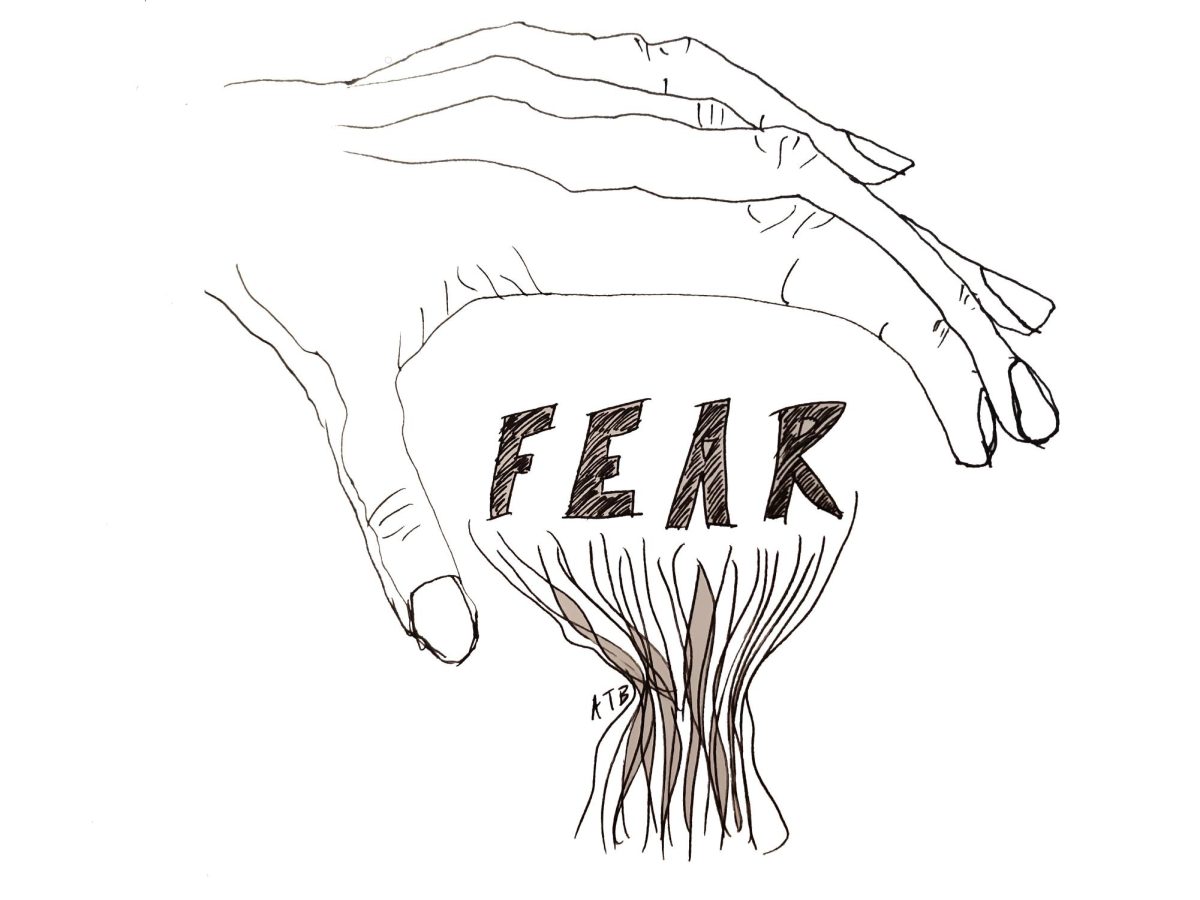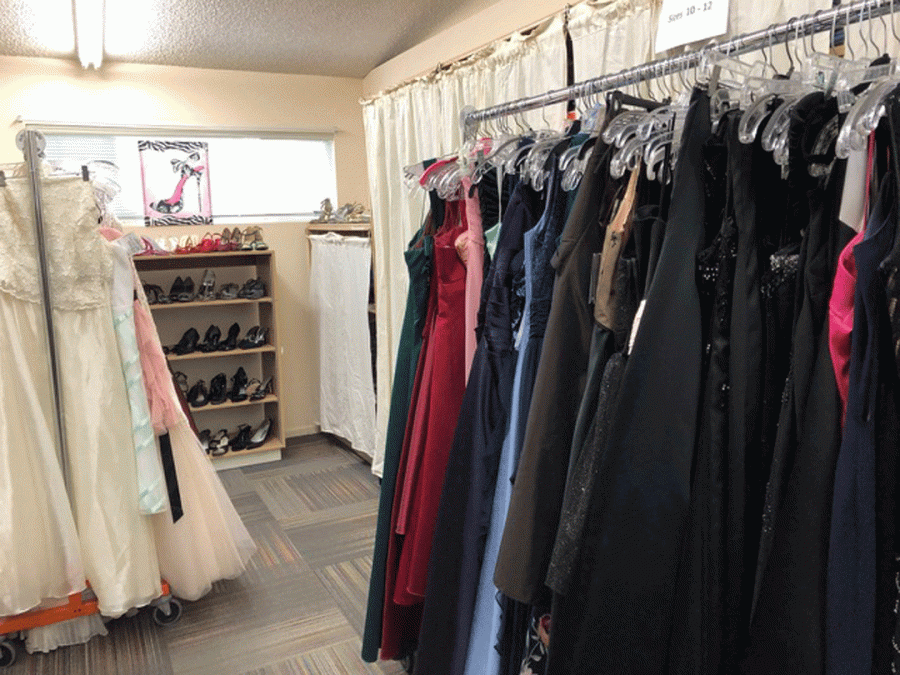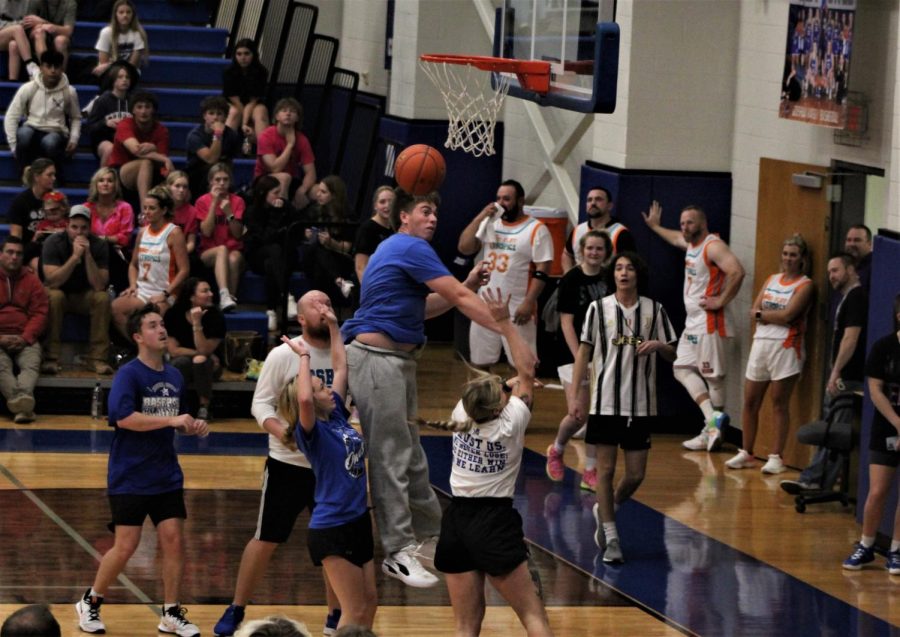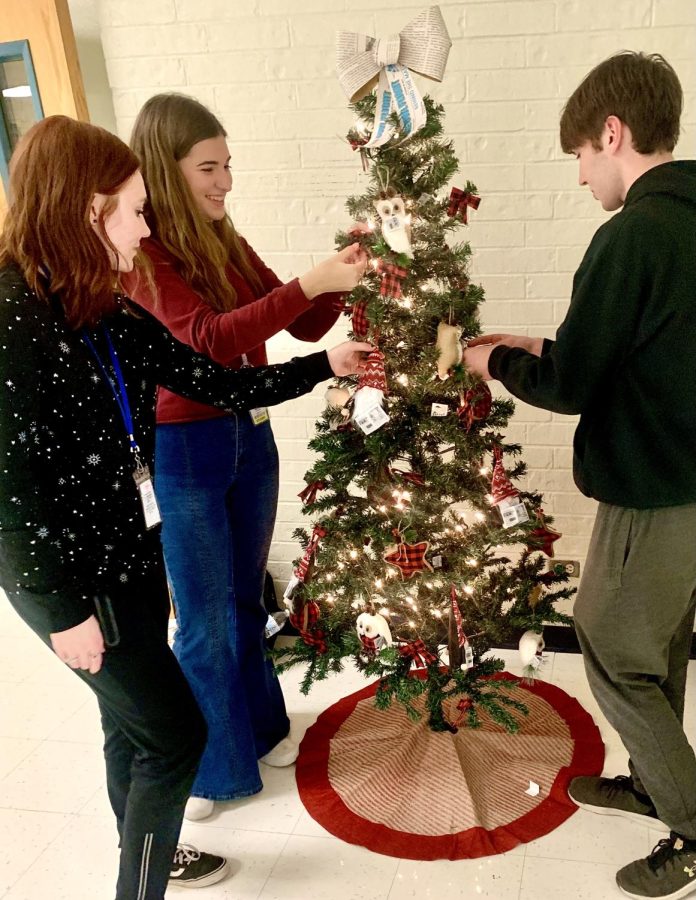
Sexual assault in high schools is a serious issue that often goes unnoticed or unreported, despite its significant impact on students’ lives. Adolescents, who are already navigating the complexities of growing up, face the added trauma and confusion of sexual violence. This crisis affects their mental health, academic performance and overall well-being, creating a ripple effect that can extend far beyond their teenage years. Sexual assault during these formative years can lead to long-lasting psychological effects, including depression, anxiety and post-traumatic stress disorder (PTSD). It can also affect victims’ future relationships and their ability to trust others.
“It was by my father and it would happen almost every day, ” an anonymous source said. “He would be overly nice and would touch me in places that I didn’t like.”
One of the most disturbing aspects of sexual assault is that it can come from anyone, including those closest to us. While we often think of strangers as the primary threat, many instances of sexual violence are perpetrated by individuals within the victim’s own family. Parents, siblings and other relatives can abuse their positions of trust and power, leaving the victim feeling isolated and betrayed. This familial betrayal can complicate the victim’s emotional recovery and make it even harder to seek help. The fear of breaking up the family unit or not being believed can paralyze victims, trapping them in a cycle of abuse. The emotional scars left by such betrayals are often deep and enduring, requiring long-term therapy and support to heal that most victims won’t have access to for some years.
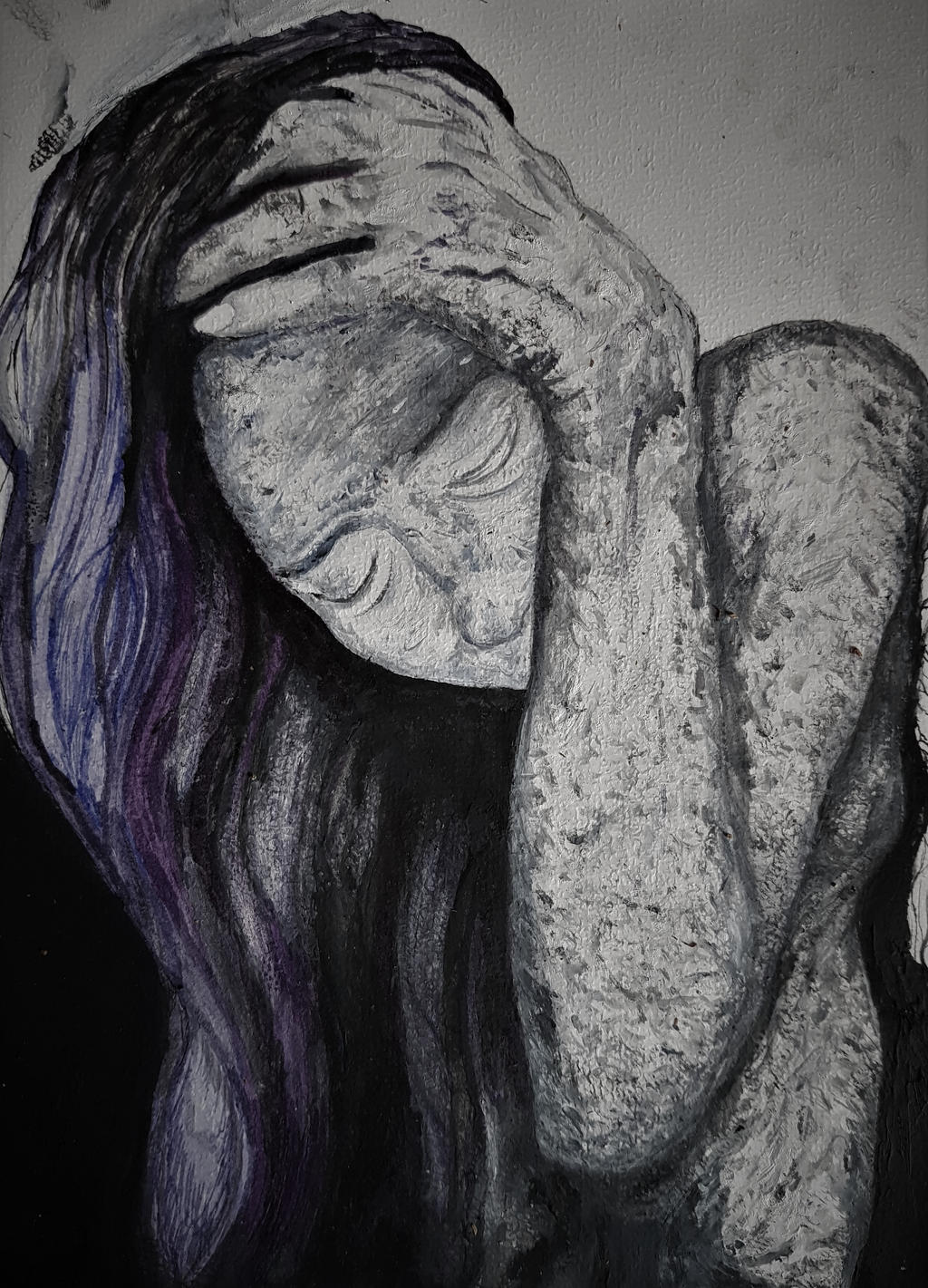
“Anyone can be the perpetrator of sexual assault. Your best friend could assault someone. Your cousin or sibling could assault someone. Saying ‘they would never do that’ just makes the victim feel worse. Believe victims when we tell you what happened to us,” another anonymous source said. “Don’t assume that the person who did it is TOO good of a person to do that. We often feel like people won’t take our side in things like this, or tell us it’s our fault somehow. Your best friend could assault someone tomorrow, and if the victim came and told you what happened if your first response is ‘they wouldn’t do that to someone they’re a good person,’ you need to rethink how you see not only victims but the perpetrators of sexual assault.”
It is also crucial to understand that sexual assault does not discriminate; it can happen to anyone, regardless of gender. While statistics show that women are more frequently victims of sexual violence, men and boys are also at significant risk. Societal stigmas and stereotypes about masculinity can prevent male victims from coming forward, further complicating efforts to address and prevent sexual assault comprehensively. Boys and men may fear being perceived as weak or not “manly” if they admit to being assaulted, which can lead to silence and prolonged suffering.
Schools must provide resources and support for all students, ensuring that male victims are not overlooked or dismissed.

“I (gay male) had gone over to a female friend’s house in middle school just to hang out and play video games. We were sitting there and she started asking me what it was like to be gay. I answered honestly but felt a little uncomfortable,” the second source said. “She asked me if I would ever consider being with a girl. I said no and she frowned and started to look really sad. I asked her what was wrong and went in for a hug. She hugged me and then stuck her hand down my pants. I felt terrified and I didn’t want to push her off of me or hurt her in any way. I started to cry and only then did she stop. I ate dinner with her and her family around an hour later and then went home.”
Currently, a debate is unfolding on social media regarding the nuances of sexual assault and consent.
“As a woman, would you rather be in the forest with a man or a bear?”
This debate caused an uproar of videos, with most women choosing the bear giving the reason that the bear would only kill them. If they were alone with a man they didn’t know, anything could happen. If the woman were attacked by a bear, at least people would believe her. At least the bear killed for a reason.
This debate reflects broader societal struggles with understanding and addressing sexual violence, highlighting the need for informed, compassionate and balanced discourse. Advocates for survivors stress the importance of believing victims and providing them with the necessary resources to heal, while others emphasize the need to protect the rights of the accused until proven guilty. Social media platforms have become battlegrounds where these differing perspectives clash, sometimes resulting in heated and polarizing discussions.

“In sixth grade, I sat next to this boy who I had known since elementary and was school friends with. He had reported he was being abused so I reported it to the school, and this is why I think it started. He inappropriately touched me on my chest and genitalia; he had his friends in older grades smack my butt in the hallways and harass me into dating [him]. He lied and told me it would all stop if I dated him so I said yes,” a third anonymous source said. “It didn’t; it got intense where he made threats to rape and murder me, and he tried to get me to do things to him which I am not comfortable saying. One day I got dropped off with him at our [bus] stop and as I was walking home I felt a hand touch my shoulder and I swung the other way and punched him. I think he was going to make his threats come true.”
Schools play a pivotal role in addressing and preventing sexual assault. Implementing comprehensive sex education programs that include discussions about consent, healthy relationships and bystander intervention can equip students with the knowledge and skills to protect themselves and others. Schools should also have clear policies and procedures for reporting and addressing sexual assault, ensuring that students feel safe and supported when they come forward. Creating an environment where students feel empowered to speak up and seek help is essential for preventing and responding to sexual violence effectively.
“I was ashamed and felt weak about how I let myself be taken advantage of. I was raised Christian and was scared of what my family would say. I can still feel and hear everything he said… and did to me,” the third source said. “I told my mom of the threats he made and it was taken care of. I never told anyone of the touching till recently in a speech for a class. I always think a guy will want me for my body.”
Ultimately, the most important message for survivors is that it is never too late to tell your story. Whether confiding in a trusted friend, seeking help from a counselor, or reporting the assault to the authorities, taking that first step can be incredibly empowering. It’s essential to know that resources and support systems are available, and by coming forward, survivors can begin the journey toward healing and justice. Educational institutions, families and communities must work together to create safe spaces where survivors feel heard and validated. By fostering a culture of support and understanding, we can help survivors reclaim their power and build a future free from the trauma of sexual violence.
“I’m sorry and I love you. It was never your fault. It doesn’t matter what you were wearing or what your relationship was or even if you previously gave consent and then revoked it,” the second source said. “Assault says nothing about YOU as a person and your worth; [it] only reflects on the mindset of the person who hurt you.”
Your donation will support the student journalists of Joshua High School. Your contribution will allow us to purchase equipment and cover our annual website hosting costs.

